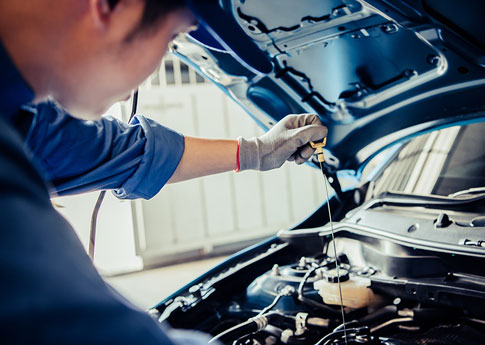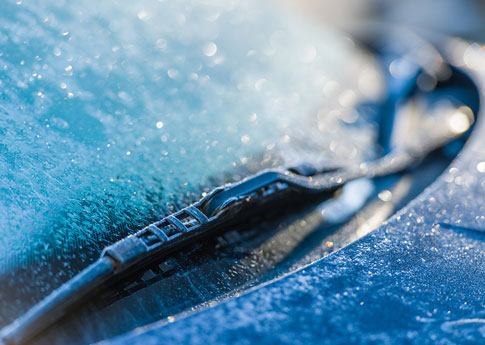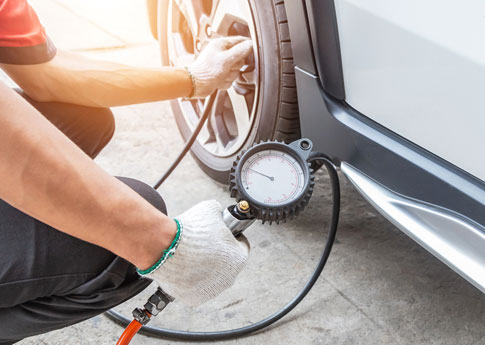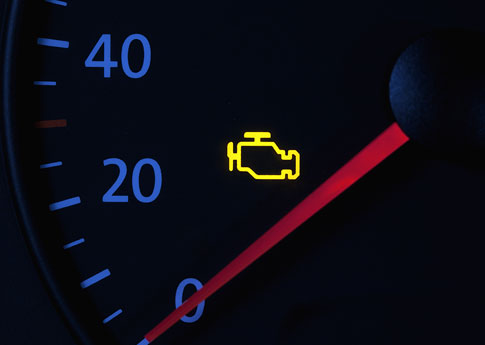Car maintenance tips: 10 common questions answered

When should you change your engine oil? Which tires are best for your motor vehicle? Do you really need rustproofing every year? CAA-Quebec answers the top 10 questions car owners frequently ask. Check out these essential car maintenance tips to help prevent breakdowns, adapt to changing weather conditions and drive with peace of mind, year-round.
1. How often should you change your engine oil?
Tip: Get into the habit of checking your oil level after every one or two fuel fill-ups. This simple routine has been lost since full-service stations became rare. Low oil can cause expensive damage to your internal combustion engine.
2. Should you lift your wiper blades before freezing rain?
Tip: Instead of lifting your wipers, use a windshield de-icer or cover the glass with a windshield protector.
3. When should you install winter tires?
In Quebec, winter tires are mandatory from December 1 to March 15. Still, CAA-Quebec recommends installing them as soon as the temperature stays below 7°C for a few days in a row.
Tip: Schedule your tire installation as early as September to beat the rush before the first snowfall.
4. Which tires are right for your vehicle?
When choosing winter or summer tires, consider how you use your vehicle, your driving style, your budget, and tire construction. Choose high-quality brand-name tires.
CAA-Quebec advises against all-season tires that are “winter certified” and strongly discourages purchasing unknown brands. If you don’t recognize the brand, they likely aren’t suitable for our harsh winters. Check out our Quick Guide to Buying Winter Tires to make an informed decision.
What about buying tires online?
Just like any product, online tires can vary in quality. Note that some mechanics may refuse to install tires or parts not purchased directly from them.
If you do buy tires online, use the same criteria you would in person. Know the tire size, speed rating, and load index—especially if you drive an electric vehicle.
5. What is the correct tire pressure?
6. What should you do when the Check Engine light comes on?
Flashing light: Stop driving. Get your vehicle towed. This could mean serious engine trouble or a safety hazard.
Electric cars: If the warning light involves the propulsion or control systems, have it checked by a mechanic trained for EV repairs.
7. Should you apply rustproofing every year?
Yes—rustproofing protects your car’s body and especially the chassis. But you also need to:
Wash your car regularly, especially after winter warm spells, to remove road salt and calcium.
Quickly repair any scratches or paint damage.
Learn more about rust prevention strategies and how to stop corrosion in its tracks.
8. How do you properly defrost a car windshield?
Outside: Use a quality ice scraper (available at auto shops and major retailers). For freezing rain, use the spiked side to break and remove the ice. Choose a -35°C windshield washer fluid.
Inside: Use an interior scraper. Avoid excess moisture by shaking off your boots before getting in and keeping windows clean.
Important: Always clear snow and ice completely from your vehicle before hitting the road—for your safety and that of others. Clear visibility and functioning brake systems are especially important in poor weather conditions.
9. What if your car is affected by a recall?
If your car manufacturer or dealership has your contact information, they’ll notify you. If not, check the Transport Canada Recall Database regularly. Then schedule a free repair.
Good to know: As a consumer, it’s your responsibility to stay informed about any vehicle recalls affecting your car.
10. Is one-way insurance a good idea for your car?
It depends on your vehicle and personal situation. In Quebec, all vehicle owners must have a civil liability insurance policy of at least $50,000. This covers damage you may cause to others.
One-way insurance (liability only) is mostly suitable for older cars worth under $5000 and fully paid off. However, it usually doesn’t cover theft, fire, or vandalism, and limits your travel to the province of Quebec.
For better peace of mind, it’s often wise to have comprehensive car insurance (also known as “two-way coverage”). Talk to your auto insurance provider to find the best coverage based on your needs and budget.
Routine car maintenance pays off in the long run
Keeping up with vehicle maintenance is key to avoiding costly issues and keeping your car for years to come. Even if you’re not planning to sell it, a full vehicle inspection or partial vehicle inspection is always a smart move.

Benefit from personalized advice
Do you have questions about gas-powered or electric vehicles, driving, or need recommendations to find an Approved Auto Repair Service?



